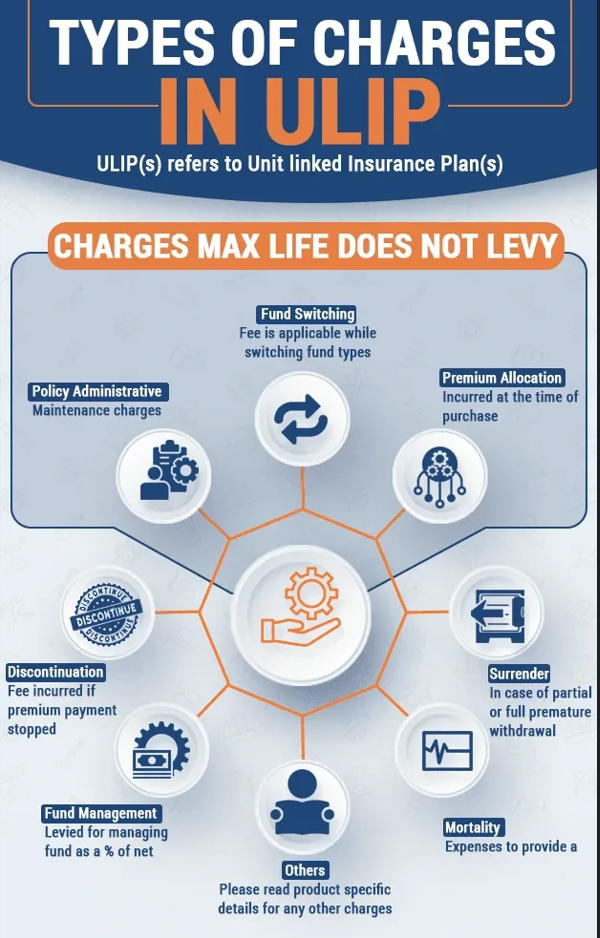Demonetisation Nudging Real Reform in Indian Real Estate..!
Mr. DHIRENDRA KUMAR, CEO, Valueresearchonline.com
On November 8, 2016 even as the Prime Minister was delivering his
demonetisation speech on TV , it was clear to most people that once the dust
settles, the deepest impact that demonetisation would have would be on the real
estate sector.
It was evident that the part of the economy most deeply driven by black
money and cash could not fail to be affected by anything that disrupted the
cash economy .
Not just that, we all know that real estate is the most widely used asset
class for investing black money and that one of the most potent factors that
drive real estate pricing is the relative inability of black money `investors'
to move their money to other types of assets.
The logic was straightforward anything that disrupts the cash economy
will drive down activity in real estate and along with it, prices.This effect
was visible immediately .
Across the country, real estate froze instantly . Eventually, some activity
started, but at a sharply lower volume. Of course, this is a famously opaque
market, and in fact thrives on opacity, so real quantitative information will
be a long time coming. Anecdotally , prices that sellers are asking are down
sharply .
In the normal, growth-centric way of thinking about the economy , a severe
drop in real estate prices would be counted as a negative impact of
demonetisation.
 |
| Mr. DHIRENDRA KUMAR, CEO, Valueresearchonline.com |
However, for the crores of Indians who can't afford an apartment of their own, such an event would be a great thing.Even in that speech announcing demonetisation, the PM counted ordinary people's inability to buy a house as one of the ill-effects of widespread black money .
Post-demonetisation, the real estate industry has developed an elaborate
spin on why demonetisation will be good for the real estate industry. It's been
pitching through media, and believe it or not, a long and winding WhatsApp
message that real estate dealers are spamming their phonebooks with.
The gist of this party line is that interest rates will come down so buyers
will be able to borrow more.There's some mention of there being 125 crore
people in the country out of which 90 crore need housing. There is also some
outright fiction such as `Investors find investing in property more attractive
than earning a paltry 5% to 6 % on bank deposit as renting out gives them more
return.'
In a way , all this is true. There are really crores of people who could
possibly be house owners eventually . However, the immediate challenges are
different. Real estate in India suffers from a huge trust deficit.
Across the country, there are thousands of developers who have taken money
from customers and squandered it away in building up `land banks' and find that
they do not have the money to deliver the houses that have been already paid.
In the future, new challenges loom for these `developers'. The new Real
Estate Law, as it gets implemented across states, will demolish the dominant
business model of using customer money to launch new projects.It will increase
the business risk of delaying projects inordinately. Then there is GST, which
will again impact the financial model of this hitherto cash-driven business.
The combined effect of demonetisation, real estate regulation and GST will
mean that deep changes will be forced through the real estate industry .
Real prices for housing are those that are determined by the real demand
generated by people who want to live in houses. One good rule of thumb is that
prices should be roughly equal to 20 to 30 times current annual rentals. That
would mean a large cut, one that sounds too big to be true.
Given the changes that are due in real estate true, it could well
happen.This may be bad news for those who are measuring this or that quarter's
growth, but eventually, this will prove to be good news. After all, the crores
who want houses are real.
What is fictional is that what is being offered now by India's real estate
industry is suitable and affordable for real customers.









































